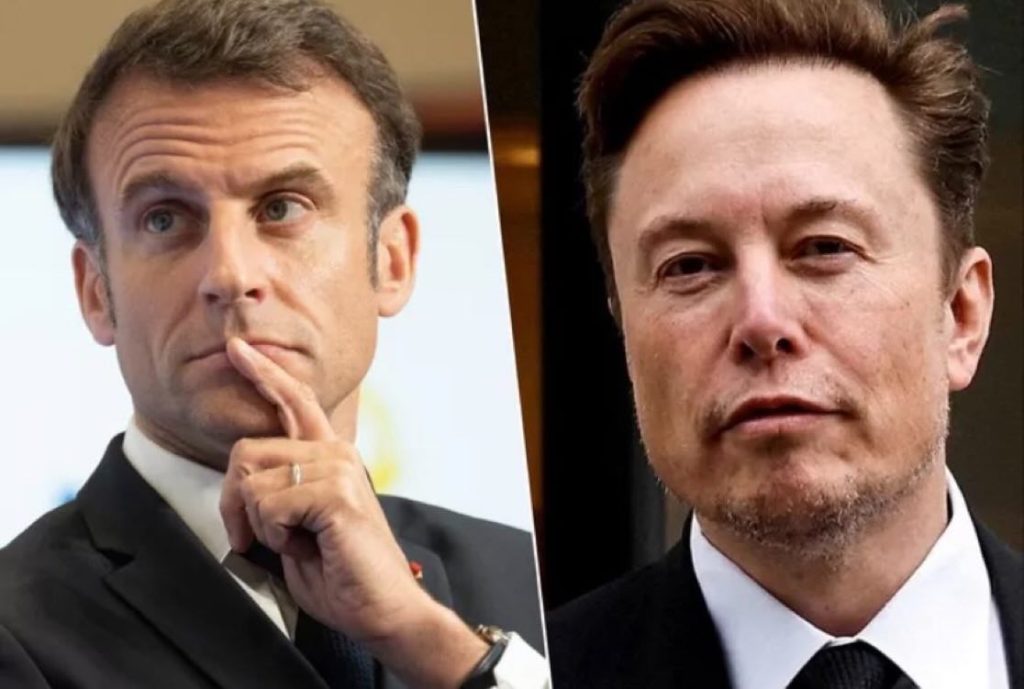
In a recent turn of events, French President Emmanuel Macron has accused tech mogul Elon Musk of ‘direct intervention’ in their country’s upcoming elections. This comes on the heels of Germany also voicing concerns about Musk’s influence in their political landscape. The accusations have sent shockwaves through Europe, with Norway’s Prime Minister expressing worry over the situation.
What led to Macron accusing Musk of interference in the elections?
President Macron’s allegations stem from Musk’s active involvement in social media discussions surrounding the French elections. Macron stated that Musk’s tweets and comments have been aimed at swaying public opinion in a specific direction, which he believes is a clear case of interference in the democratic process.
How has the international community reacted to these accusations?
Norwegian Prime Minister, Erna Solberg, has echoed Macron’s concerns, labeling Musk’s actions as ‘worrying’ and emphasizing the need for foreign entities to respect the sovereignty of each country’s electoral processes. The European Union has also released a statement urging caution and vigilance in the face of potential external interference.
Is this the first time Musk has been accused of meddling in politics?
This is not the first time Elon Musk has found himself embroiled in political controversy. Previously, he faced criticism for his involvement in the US presidential elections and Brexit referendum. His ability to reach millions of followers on social media platforms has raised questions about the potential impact of his statements on public opinion.
What could be the implications of foreign interference in elections?
Foreign interference in elections can have far-reaching consequences, undermining the integrity of the democratic process. It can erode public trust in institutions, create divisions within society, and ultimately jeopardize the stability of a nation. Governments around the world are increasingly recognizing the need to protect their electoral systems from external influence.
What measures can be taken to prevent interference in elections?
Countries can implement a range of strategies to safeguard their electoral processes from foreign interference. These include enhancing cybersecurity measures, promoting media literacy, and increasing transparency in political advertising. International cooperation and information sharing are also crucial in detecting and addressing attempts at manipulation.
Conclusion
The accusations leveled against Elon Musk by President Macron highlight the growing concern over foreign interference in elections. As technology continues to evolve, so too must our efforts to protect the integrity of democratic systems. It is imperative that governments, tech companies, and citizens work together to uphold the principles of free and fair elections.
SEO Meta Description: French President Macron accuses Elon Musk of interference in elections, sparking worry among international leaders. Learn more about the implications of foreign meddling.
With the rise of social media and online platforms, the potential for foreign interference in elections has become a pressing issue for governments worldwide. The allegations against Elon Musk serve as a stark reminder of the challenges posed by external actors seeking to influence democratic processes. As countries grapple with the threat of manipulation, it is essential to remain vigilant and proactive in defending the integrity of our electoral systems. Through collaboration and innovation, we can strive to create a future where elections are truly free and fair.

